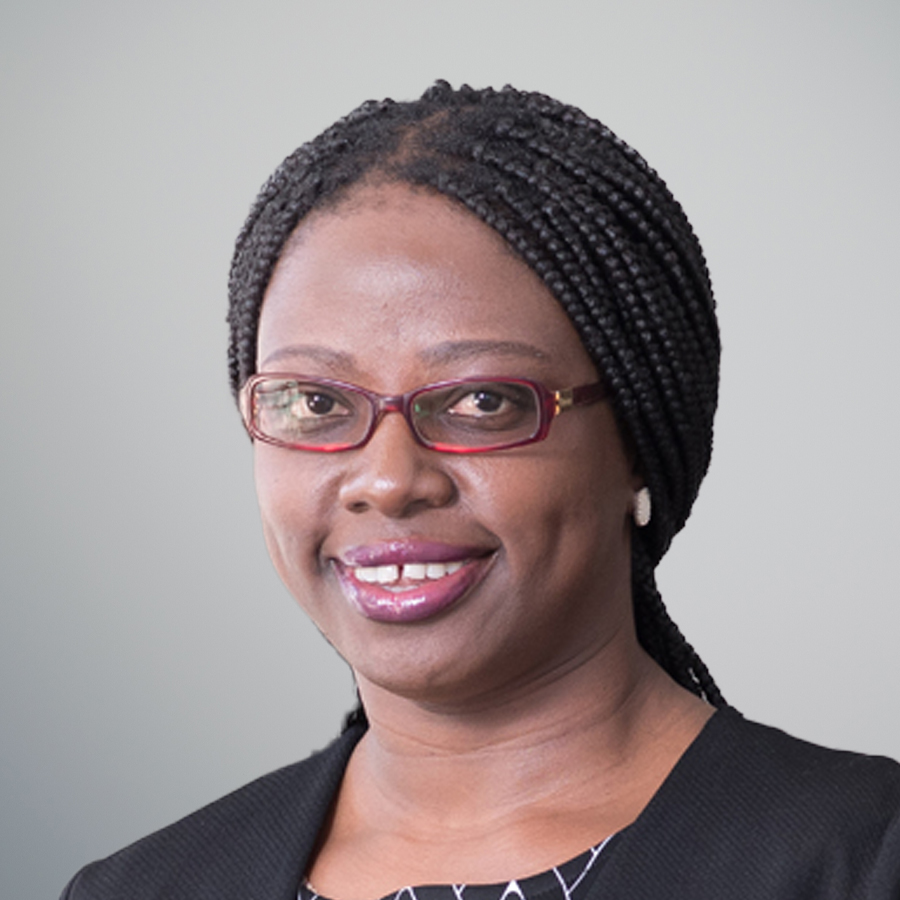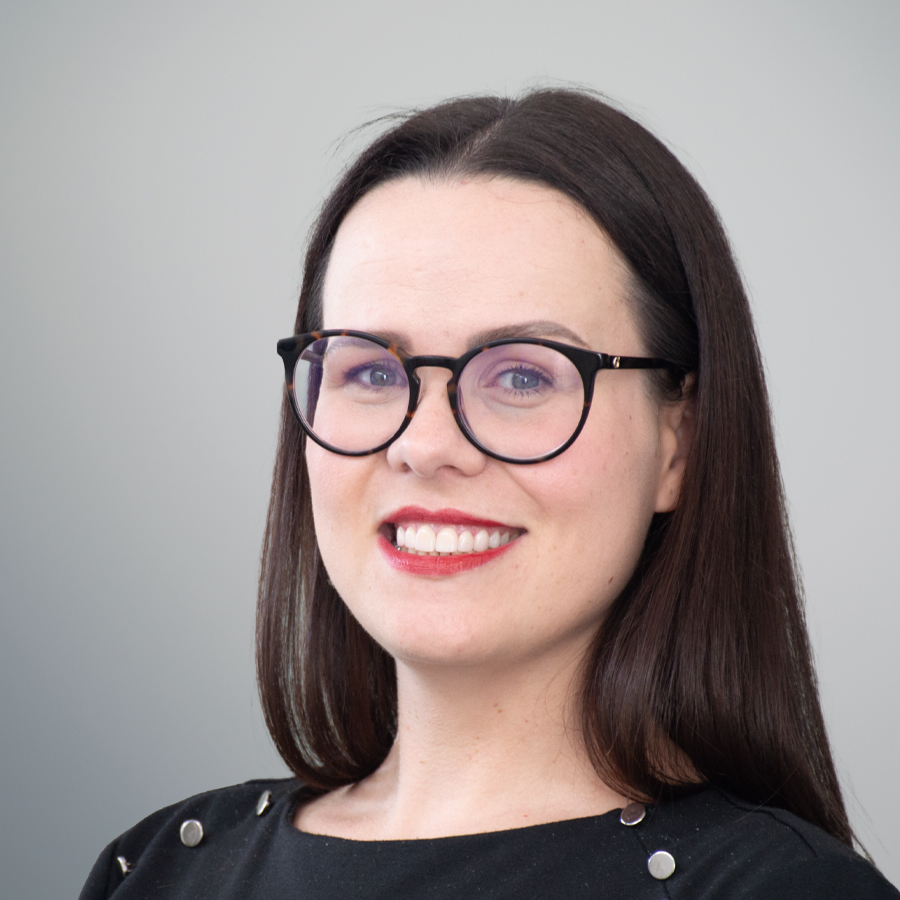The United Nations Sustainable Development Goals (SDGs) represent a collective global commitment to eradicating poverty and reducing inequalities, underpinned by the “Leave No One Behind” principle. This guiding framework calls for an inclusive approach, ensuring that all people, especially the most marginalised, have equitable access to resources, rights, including sexual and reproductive health and rights, and opportunities. However, refugees, asylum seekers, and migrant workers face numerous barriers that extend beyond the mere lack of resources. Discriminatory laws, exclusionary policies, and harmful social practices continue to marginalize these vulnerable groups, further deepening inequalities.
In Africa, the "Leave No One Behind" principle is especially crucial for ensuring Sexual and Reproductive Health and Rights (SRHR). Goal 3 of the SDGs emphasizes universal health coverage, a vital aspect of which includes SRHR for marginalized populations such as refugees, asylum seekers, and migrant workers. Yet, these groups face significant challenges accessing essential SRHR services, often exacerbated by factors like ethnicity, immigration status, religion, disability, sexual orientation, and gender identity. These intersecting identities increase their vulnerability to discrimination, perpetuating deep-rooted inequalities.
To address these pressing issues, the Centre for Human Rights, Faculty of Law, University of Pretoria, hosted a two-day Colloquium on the Sexual and Reproductive Health and Rights of Vulnerable Groups (migrants, refugees, asylum seekers and internally displaced persons) in Africa on 26-27 September 2024. The colloquium brought together experts, advocates, and researchers from across the continent to explore ways to ensure that refugees, asylum seekers, and migrant workers are not left behind in SRHR advocacy.
The event featured 14 thought-provoking presentations, each shedding light on the multifaceted SRHR challenges faced by vulnerable groups across Africa. The colloquium explored diverse and critical issues surrounding SRHR for vulnerable groups in Africa, with presentations focusing on challenges faced by refugees, asylum seekers, and migrant workers. Key topics included the role of courts and legal frameworks in Cameroon and Nigeria in protecting SRHR, the specific needs of queer asylum seekers in Kenya, and the impact of restrictive immigration policies on migrant dependents in the UK. Presenters also discussed the intersection of sexual violence, mental health, and SRHR in conflict zones like the Democratic Republic of Congo, as well as access to maternal health services for adolescent girls in Nigeria's IDP camps. Technology's role in improving SRHR access and the importance of strategic litigation in liberalising abortion laws in Kenya and Malawi were also highlighted, emphasising the need for intersectional, rights-based approaches to ensure equitable SRHR access for all.
The colloquium underscored the importance of integrating human rights approaches to ensure the protection and fulfilment of SRHR for Africa’s most vulnerable populations. In the words of one speaker, "Addressing SRHR for refugees, asylum seekers, and migrant workers is not just a health issue—it is a matter of justice."
The colloquium ended with a strong call for collaboration between governments, civil society, and international organisations to address these gaps, ensuring that no one is left behind in the quest for sexual and reproductive health and rights in Africa.
For more information, please contact:
Tel: +27 (0)12 420 4196
rutendo.chinomona@up.ac.za

![[Participants in the Colloquium on Sexual and Reproductive Health and Rights of Vulnerable Groups in Africa, University of Pretoria, 26-27 September 2024.]](/images/centrenews/2024/SRRA_Colloquim_2024.jpg)


